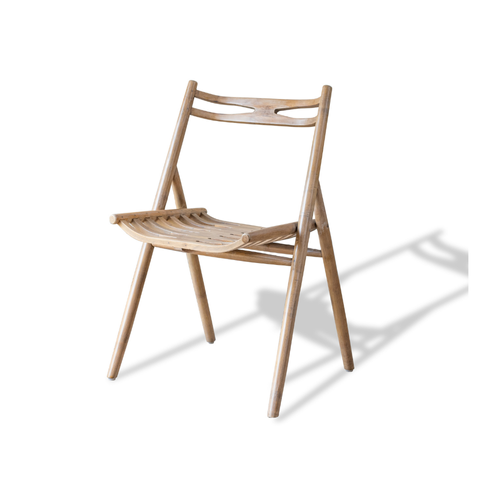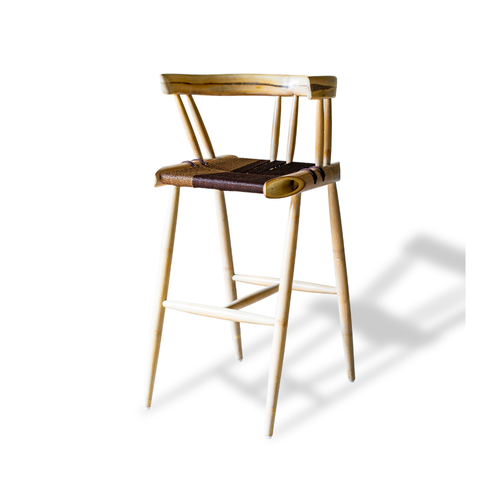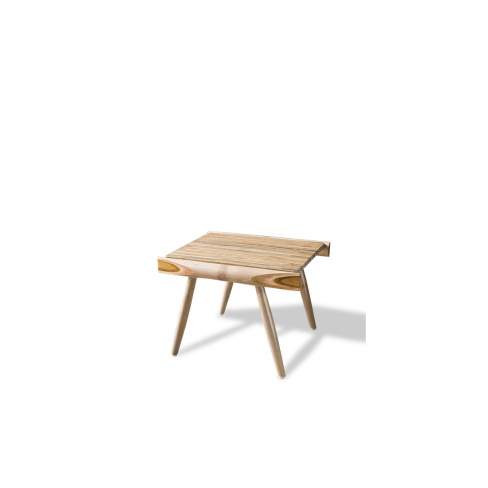MATERIAL PALETTE
LOREM IPSUM DOLOR SIT AMET CONSECTETUR. ELEIFEND VITAEPLACERAT DIGNISSIM SIT QUIS ALIQUET EGET SED. TURPIS SED FUSCE ADIPI SCING UTVARIUS AT. UT ET SOLLICITU DIN MALESUADA QUIS MAURIS AMET LECTUS TELLUS DUI.






MORE MATERIAL
WOOD & BRASS TABLES
-
BESPOKE
Pair text with an image to focus on your chosen product, collection, or blog post. Add details on availability, style, or even provide a review.
GET IN TOUCH
Do you have a project you think we might be perfect for? Is there an idea or a query that you want discuss with us? Email us at info.rhizome@gmail.com or rohityagi@gmail.com, and our team will come back to you. Let's get together and bring your design dreams to life.











